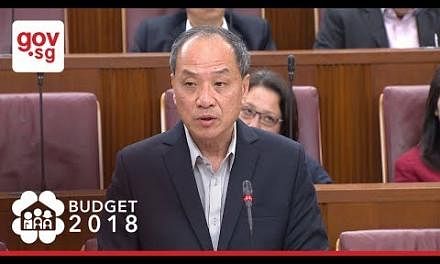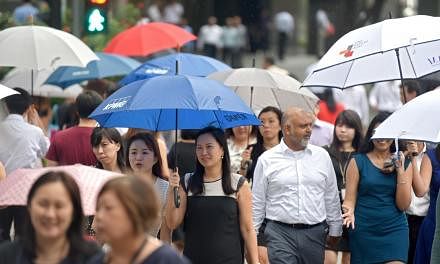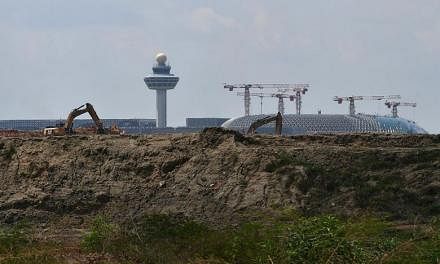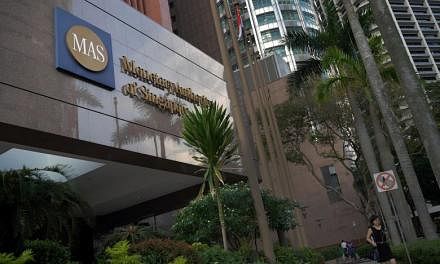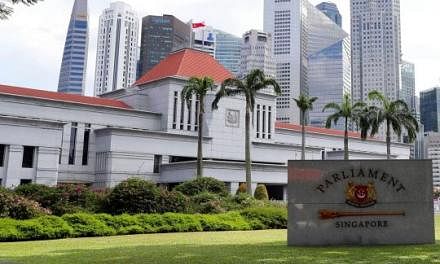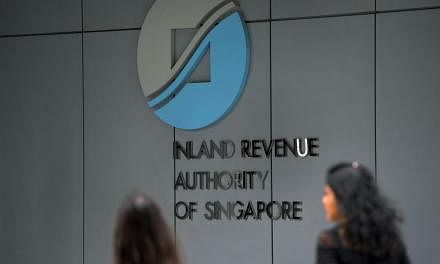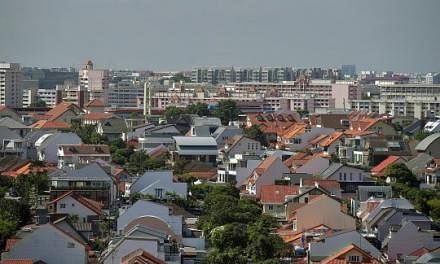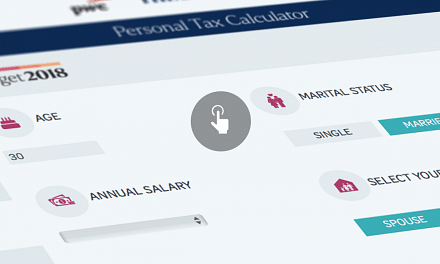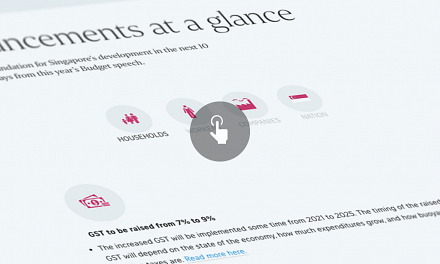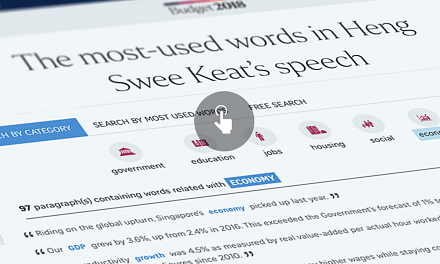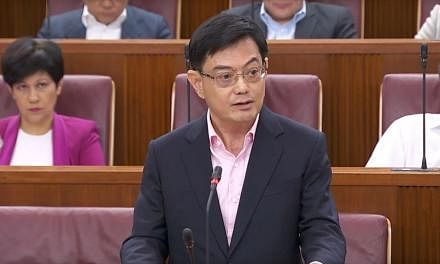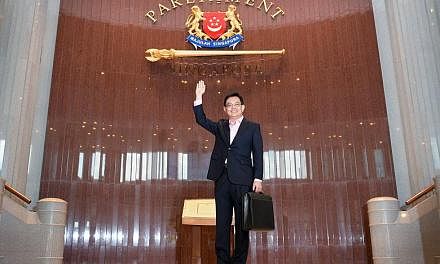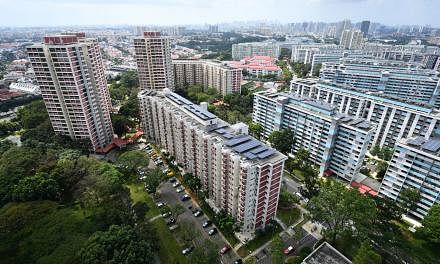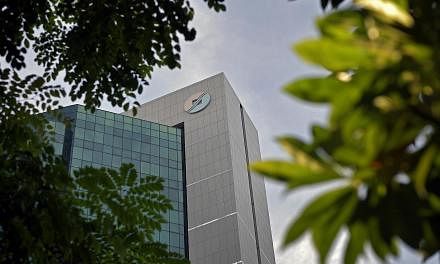Singaporeans will reap a one-off bonus, thanks to a hefty Budget surplus of $9.61 billion for 2017 - well up on the $1.91 billion estimated a year ago.
That $9.61 billion - about 2.1 per cent of gross domestic product - will be the largest surplus in absolute value racked up in the past three decades or so, although not the biggest in terms of percentage of GDP. The surplus for 2016 was $6.12 billion.
The country will end up so much in the black for the financial year that ends on March 31, due mainly to $4.9 billion of exceptional contributions from statutory boards - mostly the Monetary Authority of Singapore (MAS).
Initial estimates had put these contributions at just $0.3 billion.
The MAS increased net profits to $28.7 billion in the 2017 financial year, owing to the favourable currency movements of the Singdollar against the greenback and Japanese yen, as well as larger investment gains.
An MAS spokesman said: "Investment gains were much larger than in previous years due to higher interest and dividend income, higher realised capital gains, and lower valuation provisions - all reflecting the strong performance of global markets during the period."
The property market rally chipped in too with stamp duty collections of $4.7 billion, surpassing the $2.7 billion anticipated. However, there were lower-than-expected contributions from the goods and services tax, motor vehicle taxes and vehicle quota premiums.
Finance Minister Heng Swee Keat warned that similar contributions from the statutory boards and higher stamp duty collections cannot be expected every year.
"We cannot base our long-term fiscal planning on the basis of exceptional factors being positive, year after year," he noted.
As a result, a significant portion of the surplus is being set aside for future spending: $5 billion will be channelled to the Rail Infrastructure Fund to support future MRT projects while $2 billion will go towards subsidising premiums and other forms of healthcare support.
There will also be some left in the kitty to reward Singaporeans in the form of a one-off SG Bonus.
Anyone over 21 this year will get $100 to $300, depending on their income. This will cost the Government $700 million all up.
Total operating revenue for the 2017 financial year will reach $75.15 billion, up 8.2 per cent from the estimated $69.45 billion.
Expenditure will total $73.92 billion, lower than the $75.07 billion anticipated, as there was lower-than-estimated ministry expenditure in the housing, transport, education and healthcare sectors. This was partly due to the changes in the timeline of specific projects.
The net investment returns contribution (NIRC) is expected to rise to $14.61 billion, from the $14.11 billion estimated previously.
Excluding the Government's top-ups to endowment and trust funds and the NIRC, this would work out to a basic deficit of $1 billion, or 0.2 per cent of GDP.
Mr Richard Mackender, tax partner at Deloitte, said: "To build a fiscally sustainable and secure future for Singapore, the Government needs to ensure that there is a stable revenue flow, considering the ageing population and the need to invest in infrastructure, security and education. Hence, relying on our Budget surplus is not a sound basis for a sustainable fiscal model.
"Singapore's approach to a sustainable fiscal budget has been to always bank the good returns, while being prudent in ensuring that tax revenue continues to be stable and reliable to support future needs."
